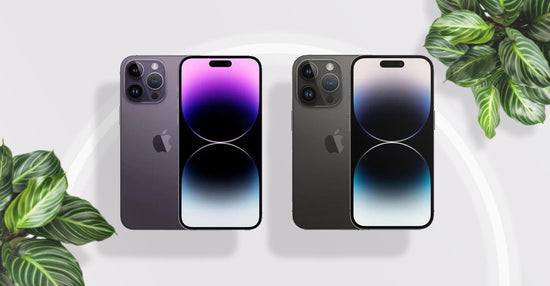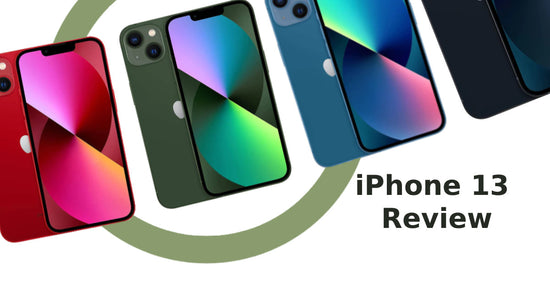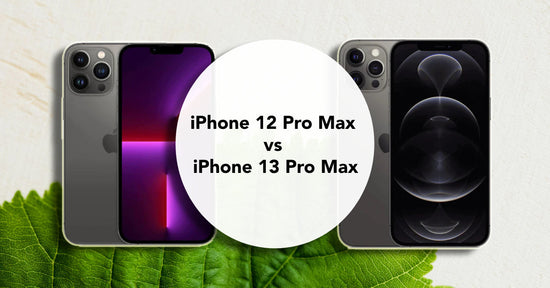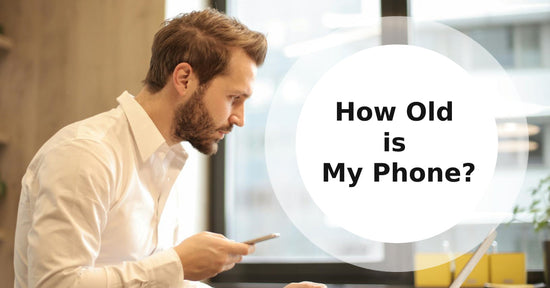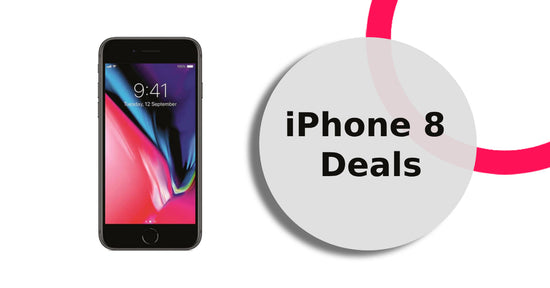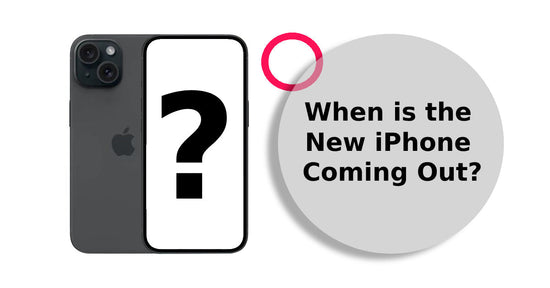The Circular Economy in the Battle Against Global Smartphone E-waste
Mobile phone production continues to rise in the UK, with estimates suggesting it will overtake Norway as the leading producer by the end of this year.
According to the Global E-waste Monitor, UK e-waste production reached 23.9 kilograms per capita in 2020, far exceeding the European average of 16.4 kilograms and the global average of 7.3 kilograms.
The high turnover of smartphone technology is considered one of the main contributors to this figure, with 24.9 million units being discarded in 2020 alone.
Recent research indicates that beyond a decline in phone durability and the loss or damage of obsolete technology, the primary drivers of excessive smartphone waste stem from inadequate consumer awareness.
Nearly every year, brands release new phones in a bid to increase profitability, and just as regularly, customers ditch their old, outdated devices to obtain the latest technology.
Frequently, this occurs without regard for the Global Smartphone E-waste impact of new phone production and improper recycling practices, as well as the plethora of alternatives available to mitigate these effects. So, now more than ever, education on the topic is needed to help curb the ‘tsunami of E-waste rolling across the world’, as the UN claims.
The Production of Smartphones
Within the production of smartphones alone, the extraction and processing of natural resources, including gold, silver, and palladium, account for approximately 50 per cent of GHG emissions globally, a figure expected to increase to 43 per cent by 2060 if current trends were to proceed.
This is all without consideration of the manufacturing of the device itself, transport costs, and its ultimate fate in landfill sites due to insufficient recycling methods.
Global Smartphone E-waste
The latter, the environmental impact of improper e-waste recycling, is detrimental.
Once landing in these landfill sites, toxic chemicals in electronic products, such as lead, mercury, and even arsenic, are released into the soil, causing hazards to biodiversity through soil, water, and air pollution, as well as human health.
In fact, the World Health Organisation claims that exposure to e-waste in landfill sites can result in vomiting, diarrhoea and even prenatal and neurodevelopment defects caused by informal e-waste recycling activities from UK e-waste transported abroad.
UR Are Here To Help
Fortunately, the growing awareness of a ‘circular economy’, an economic model aimed at recycling and refurbishments used at UR.co.uk holds immense potential in offsetting this trend, offering a glimmer of hope in the face of mounting Global Smartphone E-waste.
From trading in old mobile devices for cash and purchasing a refurbished upgrade afterwards, consumers can significantly reduce the environmental impact of phone production.
With a certified refurbished phone from UR, components from old handsets are carefully extracted and replaced in existing phones to create a fully functional device.
These devices can originate from various sources, including damaged goods, cancelled orders, and more, and undergo stringent checks to ensure the best quality available.
The results mean that refurbishment extends the lifespan of phones beyond the average of two to three years, discouraging the creation of new technology and preventing phones from becoming e-waste sooner.
Moreover, the use of existing components also aids in combating the pollution caused during manufacturing.
Research finds that 80% of the carbon footprint created by smartphone manufacturing is caused during its initial production. Yet, refurbished phones help mitigate this threefold; refurbishment conserves energy using existing components, resulting in fewer carbon emissions when turning raw materials into usable parts.
This substantially reduces the amount of virgin materials used by 87% and the amount of water needed in the process, ensuring that every step of UR’s process is one towards a more sustainable future.
Looking for your perfect device? If so, why not explore UR's collection of refurbished iPhones & Galaxy Phones?







